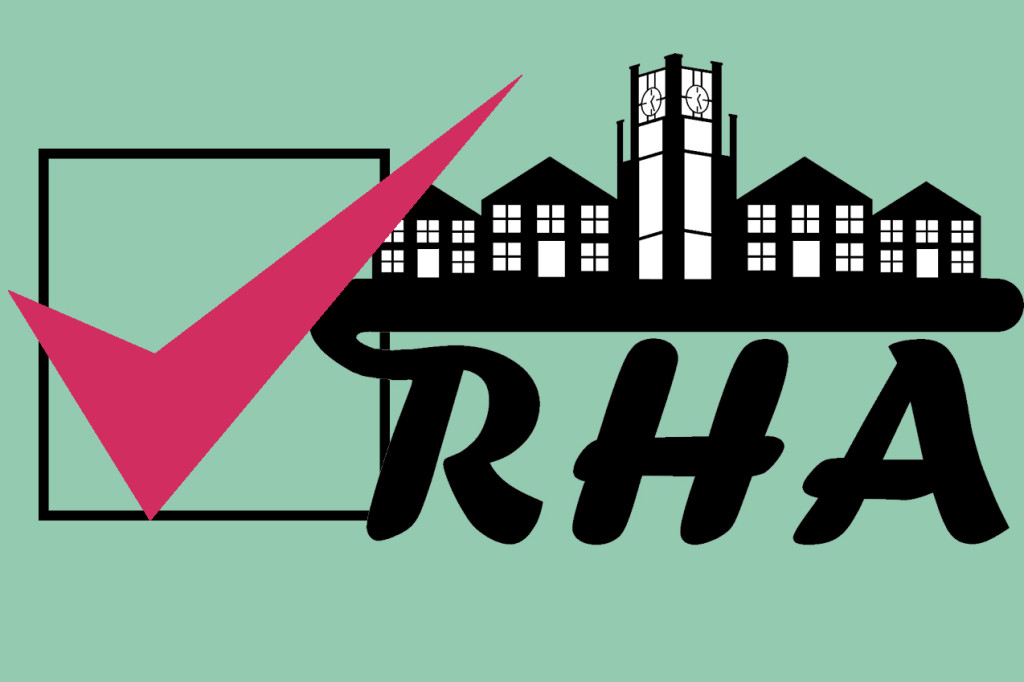RHA elections to be held this Wednesday and Thursday
September 3, 2013
From Wednesday, September 4, at 12:01 a.m. to Thursday, September 5 at 11:59 p.m. Residence Hall Association will be holding their fall elections to determine the council members of each residential community. Students can vote for their representatives at http://students.case.edu/groups/rha/councils/elections.html.
The seven residential communities on campus are the North Residential Village’s Mistletoe (Hitchcock, Storrs and Pierce), Cedar (Tyler, Taft, and Smith), Juniper (Norton, Raymond and Sherman), and Magnolia (Clarke Tower and Cutler) communities, the South Residential Village’s Carlton Road (Michelson, Glaser and Kusch) and Murray Hill (Alumni, Howe, Staley and Tippit) communities, and the Upper Class Community Council (Village at 115, Property Management and the Triangle Apartments).
There are many different positions available to students depending on where they are living this year. Cedar, Juniper and Mistletoe will elect a President and Vice President, whose job is to lead their weekly council meetings, organize collaborations with other communities and communicate with students. The other four residential communities will elect a House Representative who have similar duties.
Students will also elect a Social Coordinator, Treasurer, Secretary, PR Chair, Advocate, Historian, Community Service Representative and Sustainability Representative. Their jobs are to attend the meetings and work together to serve the residents of their community to ensure they have a positive experience living on campus.
In addition, Cedar, Juniper, Magnolia and Mistletoe also each have a representative to help their residents celebrate the theme of each of the first year housing communities.
RHA’s main objectives are to improve the residential life of students, open communication between the students and provide leadership opportunities for students during their first year. This differs from the Class Officer Collective (COC) who focus on representing each class as a whole to the university and community.


